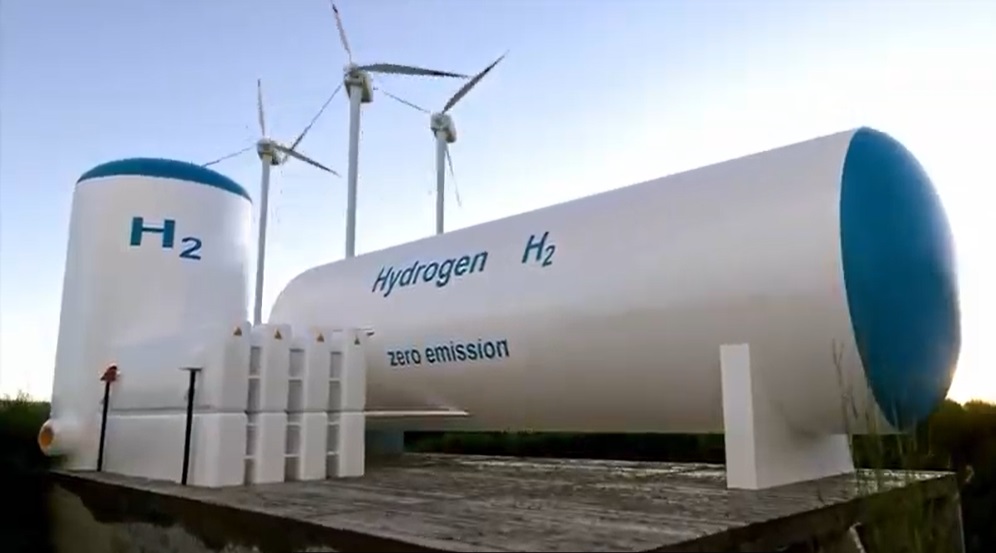India Unveils Policy Targeting 5 Million Tonnes of Green Hydrogen Production by 2030
India’s Ministry of Power announced the launch on Thursday of a Green Hydrogen/Green Ammonia Policy, outlining a series of initiatives aimed at ramping the country’s green hydrogen production to 5 million tonnes by 2030.
The policy marks the first step in India’s National Hydrogen Mission, launched by the government in August 2021, creating a significant role for hydrogen in the country’s decarbonization strategy, and envisions India as a global hub for green hydrogen production and exports.
Hydrogen is viewed as one of the key building blocks of the transition to a cleaner energy future, particularly for sectors with difficult to abate emissions, in which renewable energy solutions such as wind or solar are less practical.
Despite being the most abundant element in the universe, however, there are no pure hydrogen deposits on Earth and it must be extracted from other materials. Around 90 million metric tons of hydrogen are produced annually, primarily extracted from natural gas through steam methane reforming. The extraction process often creates pollutants and GHG emissions. Significant investments are required to develop clean extraction processes, such as green hydrogen, which uses a renewable energy-powered electrolysis process to extract hydrogen from water.
India’s new policy establishes provisions to aid and accelerate the provision of renewable energy to green hydrogen and green ammonia manufacturers, including waiving inter-state transmission charges for 25 years, giving the manufacturers priority status for connectivity to the grid, and providing land for storage near ports for hydrogen export or use for by shipping.
In a statement announcing the new policy, the Ministry of Power said:
“The implementation of this Policy will provide clean fuel to the common people of the country. This will reduce dependence on fossil fuel and also reduce crude oil imports. The objective also is for our country to emerge as an export Hub for Green Hydrogen and Green Ammonia.
“The policy promotes Renewable Energy (RE) generation as RE will be the basic ingredient in making green hydrogen. This in turn will help in meeting the international commitments for clean energy.”





